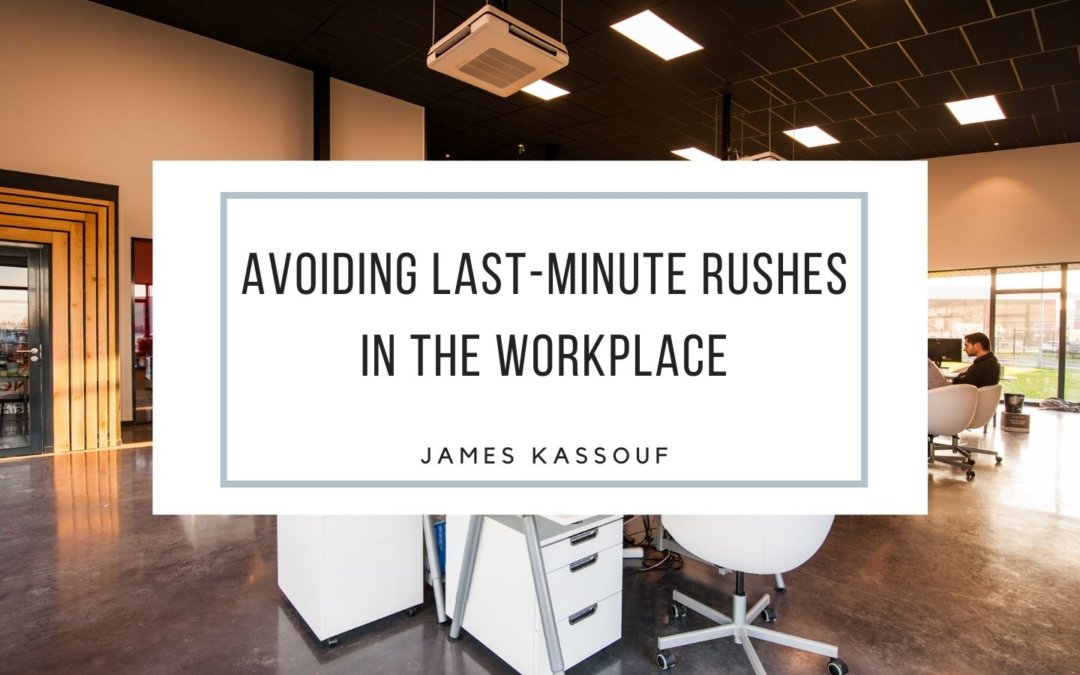Rushed work is never the most quality work that a team could be putting forth. Sometimes, rushed work seems like it’s inevitable in the workplace. It comes down to a few different reasons. Either an employee has too much piled on their plate, they have poor time management skills, or they simply don’t care. While the latter can’t really be fixed, the first two can. Here are some ways to avoid last-minute rushes in the workplace.
Begin Each Day With a Team Meeting
One of the easiest ways to get an entire team on the same page is by having daily team meetings. Each morning, set aside a time where each member of the team can discuss what they’re working on and seek any input from management or other coworkers. Team meetings increase productivity because ideas are being bounced off of different creative minds. It’s also a way to get everyone energized to work on a project before the deadline approaches.
Connect Different Departments Whenever Possible
Some workplaces are massive and contain departments that don’t typically cross paths. Sometimes, however, those departments need to collaborate on a project. Instead of waiting until the project is due to get everyone working on the same page, find ways to promote more interaction between departments. If finance and marketing need to come together to budget for a project and then execute the project simultaneously, they’ll need to find a way to quickly and proactively work together. Group projects like that are tricky in the workforce. It’s crucial that each member of the team knows exactly what they’re doing and when the deadline is. If one person falls behind, everyone falls behind in a large snowball effect. That’s why it’s truly important to keep a close eye on projects involving multiple people and departments.
Don’t Rush Deadlines, Encourage Breaks
One of the most simple ways to avoid workplace rushes is by allocating the proper amount of time for a project. If too much time for a project is given, employees might drag their feet until the last second. On the other hand, too little time will cause rushed work. Sometimes, it’s easier to just leave the ball in the employee’s court. A boss should ask their team how much time would really be needed to churn out a final product. That gives employees enough time to work at their own pace.
Overall, employees need a balance of oversight from a manager and time to breathe and work freely on their own. When management trusts an employee without pressuring tight deadlines, a better product will be put forth.

